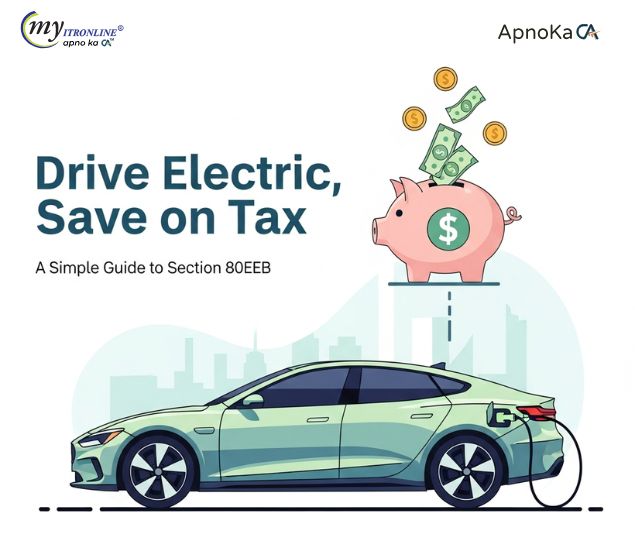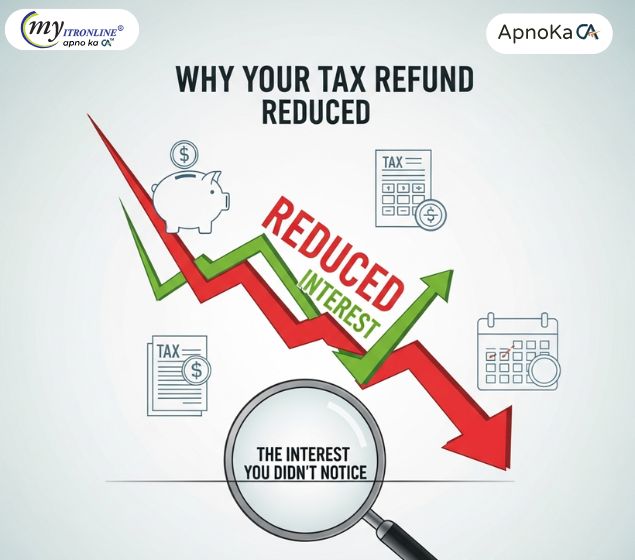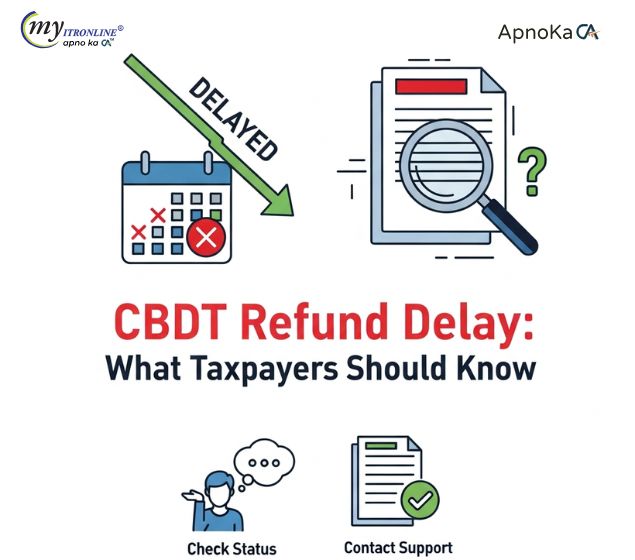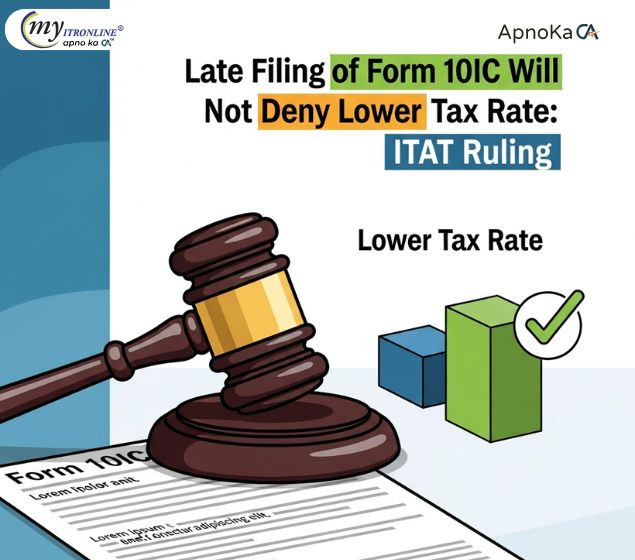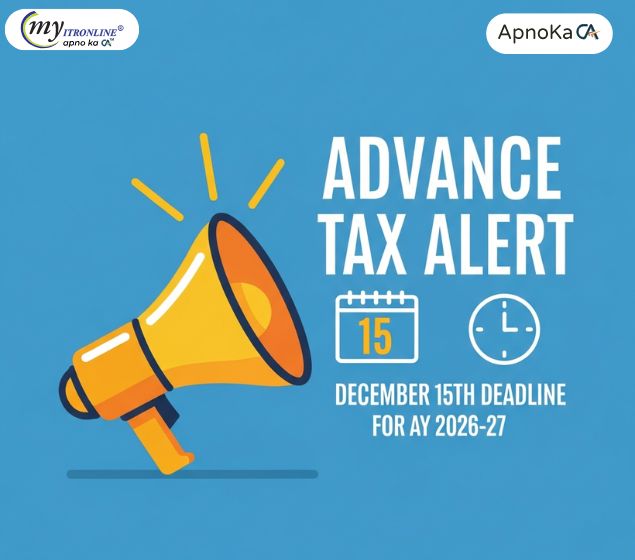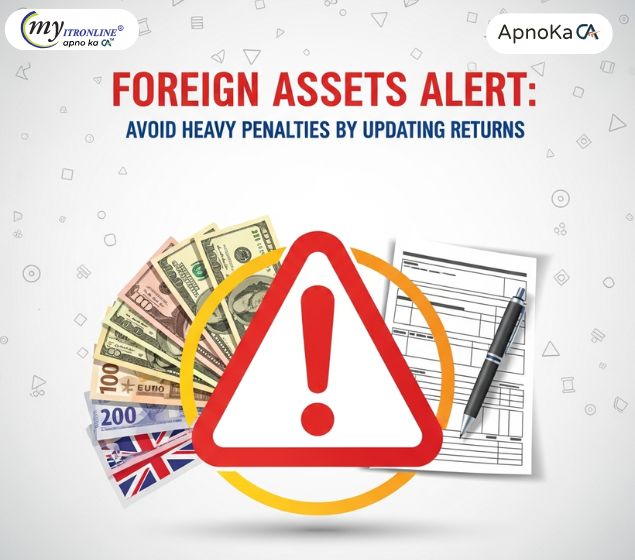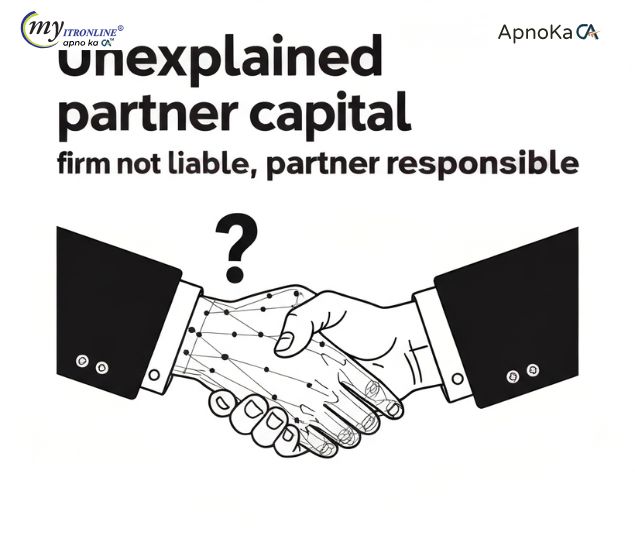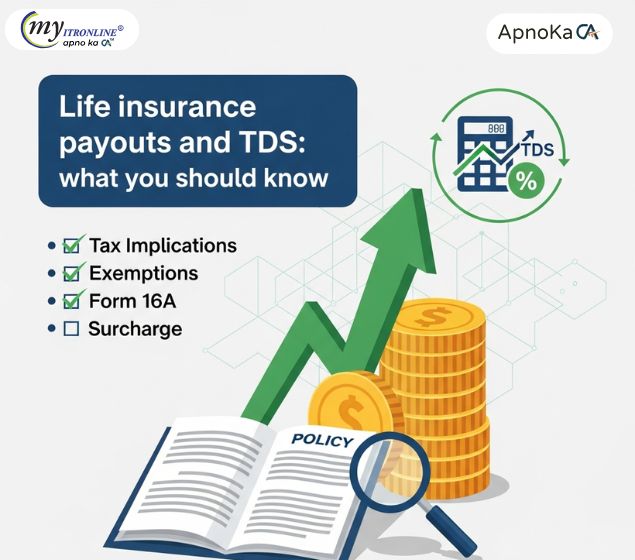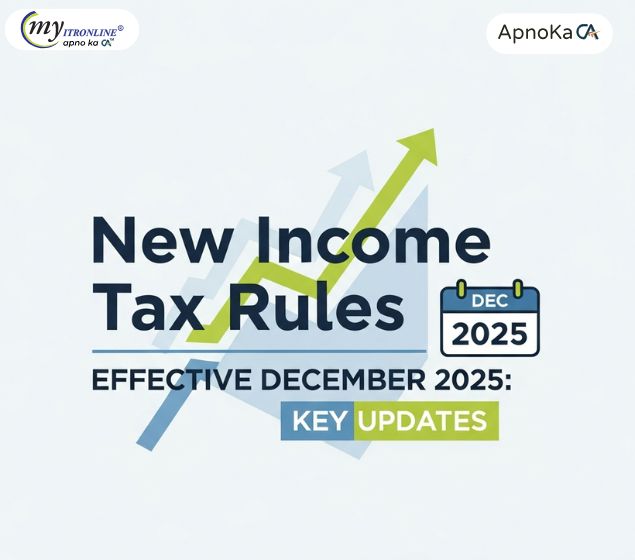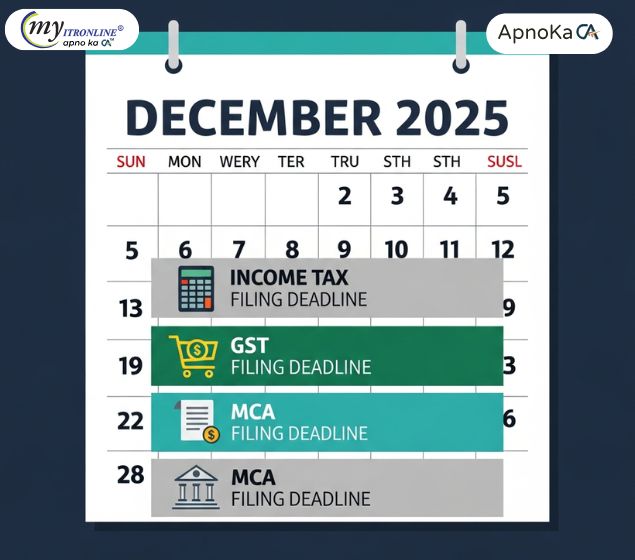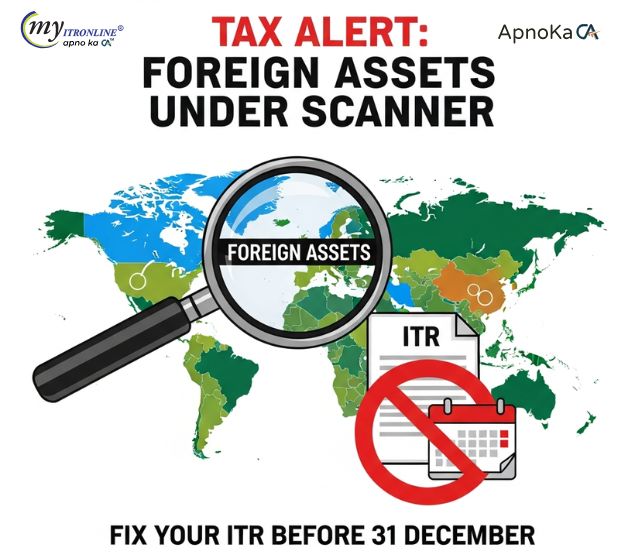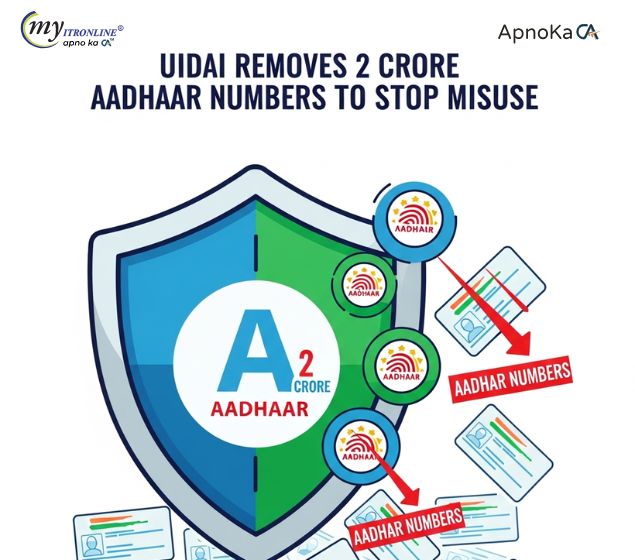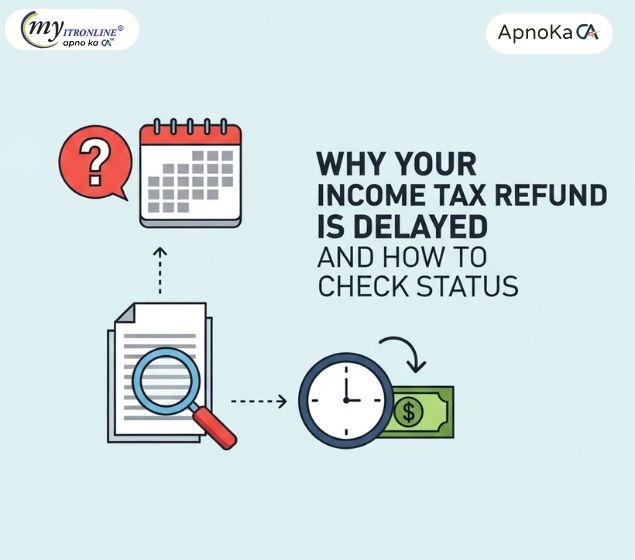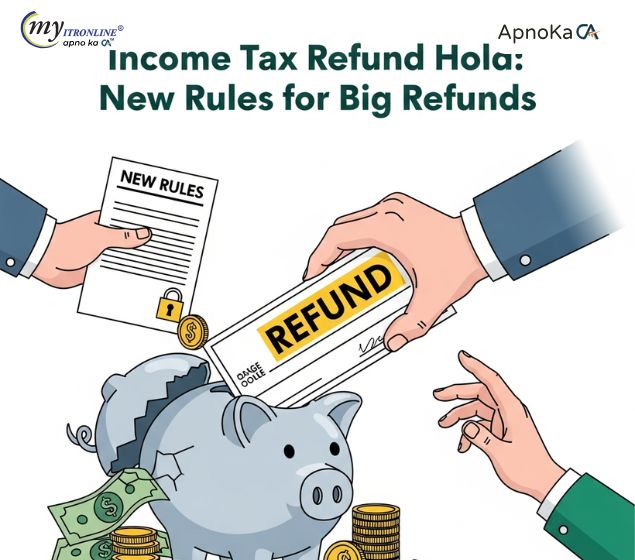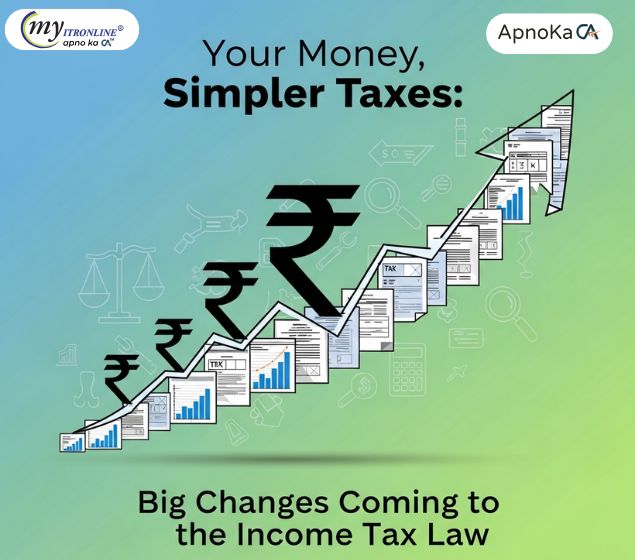India's New Income Tax Regime (Section 115BAC): A Detailed Guide
This comprehensive guide breaks down India's New Income Tax Regime under Section 115BAC, now the default for individuals and HUFs. It details the revised income tax slab rates for Financial Years 2024-25 and 2025-26, highlighting the increased basic exemption limits and the enhanced rebate under Section 87A. The article clearly outlines the limited deductions and exemptions still allowed (e.g., standard deduction, employer's NPS contribution) versus the numerous ones no longer applicable. It concludes by helping taxpayers determine whether the new regime or the old regime is more beneficial for their specific financial situation and explains the process for switching between the two.
.jpg )
The Indian tax landscape has changed significantly with the introduction and subsequent updates to the new tax regime under Section 115BAC of the Income Tax Act, 1961. This regime was first introduced in Budget 2020 and became the default option from Financial Year (FY) 2023-24 (Assessment Year (AY) 2024-25) onwards. Its goal is to simplify the tax structure by providing lower tax rates in exchange for giving up many traditional deductions and exemptions.
For taxpayers, understanding Section 115BAC is now necessary as it is the default taxation method. However, you still have the option to choose between the old and new regimes. Making an informed decision is essential for optimizing your tax liability.
This blog post will explore the details of the new tax regime. It will outline the updated slab rates, the limited deductions and exemptions allowed, and help you determine if this regime is the right fit for your financial situation.
Section 115BAC: Simplifying Taxes, Empowering Taxpayers
The main idea behind the new tax regime is simplification. For years, people criticized the Indian tax system for being complex. Numerous deductions and exemptions made tax filing difficult. While these provisions aimed to encourage certain investments and expenses, they also added unnecessary layers of complexity.
Section 115BAC seeks to simplify this process. It offers a straightforward option: pay lower taxes on your income, but without most tax-saving tools. This can be especially attractive for those who do not use many deductions or prefer an easier tax calculation.
Income Tax Slab Rates Under the New Regime
The new tax regime has different income tax slabs compared to the old regime. It includes more tax slabs, each with a lower tax rate. It's essential to note that recent budgets have revised these slabs.
For Financial Year 2024-25 (Assessment Year 2025-26):
| Income Slab (₹) | Tax Rate (%) |
|---|---|
| Up to 3,00,000 | 0% |
| 3,00,001 to 7,00,000 | 5% |
| 7,00,001 to 10,00,000 | 10% |
| 10,00,001 to 12,00,000 | 15% |
| 12,00,001 to 15,00,000 | 20% |
| Above 15,00,000 | 30% |
For Financial Year 2025-26 (Assessment Year 2026-27):
Be aware of the latest updates. The basic exemption limit has increased, and you can find a significant rebate.
| Income Slab (₹) | Tax Rate (%) |
|---|---|
| Up to 4,00,000 | 0% |
| 4,00,001 to 8,00,000 | 5% |
| 8,00,001 to 12,00,000 | 10% |
| 12,00,001 to 16,00,000 | 15% |
| 16,00,001 to 20,00,000 | 20% |
| 20,00,001 to 24,00,000 | 25% |
| Above 24,00,000 | 30% |
Important Note on Rebate:
A key aspect of the new tax regime is the rebate under Section 87A. For FY 2024-25, individuals with taxable income up to ₹7 lakhs can receive a rebate of ₹25,000, making their tax liability zero. For FY 2025-26, this rebate has been increased, making income up to ₹12 lakhs effectively tax-free (considering the standard deduction for salaried individuals).
Deductions and Exemptions: What's Allowed and What's Not?
This is where the new regime differs significantly from the old one. The main principle of Section 115BAC is to provide lower tax rates by removing most deductions and exemptions.
Key Deductions and Exemptions NOT Allowed under Section 115BAC:
Taxpayers choosing the new regime will generally lose the benefits of over 70 common deductions and exemptions. Notable exclusions include:
- Chapter VI-A Deductions (most of them): This is the largest impact, covering popular sections like:
- Section 80C (Life Insurance Premiums, PPF, ELSS, EPF, Home Loan Principal, etc. - up to ₹1.5 lakh)
- Section 80D (Health Insurance Premiums)
- Section 80E (Interest on Education Loan)
- Section 80G (Donations to Charitable Institutions)
- Section 80TTA/80TTB (Interest on Savings Account/Fixed Deposits)
- House Rent Allowance (HRA) under Section 10(13A)
- Leave Travel Allowance (LTA) under Section 10(5)
- Professional Tax (Section 16(iii))
- Entertainment Allowance (Section 16(ii))
- Interest on Housing Loan for Self-Occupied or Vacant Property (Section 24(b)): This is significant for homeowners.
- Minor Child Income Allowance (Section 10(32))
- Various other allowances like helper allowance, children's education allowance, etc.
- Loss from House Property: Loss from self-occupied or vacant house property cannot be set off against other income.
Limited Deductions and Exemptions ALLOWED under Section 115BAC:
Despite the extensive list of disallowed items, a few important deductions and exemptions are still permitted under the new regime:
- Standard Deduction for Salaried Individuals and Pensioners: This brings relief. For FY 2024-25 and onwards, a standard deduction of ₹75,000 (up from ₹50,000 in FY 2023-24) is allowed for salaried individuals. For family pensioners, the deduction is ₹25,000.
- Employer's Contribution to NPS (Section 80CCD(2)): Employees can still claim a deduction for their employer's contribution to their National Pension System (NPS) account, up to 10% of their salary (Basic + DA). For central government employees, this limit is 14%.
- Interest on Home Loan for Let-Out Property (Section 24(b)): While interest on loans for self-occupied property is not allowed, interest on home loans for rented property can still be claimed as a deduction without any upper limit. However, loss from house property can only be set off against income from other house property and cannot be carried forward if it arises from restricted deductions.
- Deduction for additional employee cost (Section 80JJAA): This applies to businesses.
- Family Pension Deduction (Section 57(iia)): A deduction up to ₹25,000 (increased from ₹15,000 in Budget 2024) is allowed on family pension income.
- Exemptions on certain allowances/benefits:
- Transport allowance for specially-abled employees.
- Conveyance allowance incurred for job-related travel.
- Daily allowance for duty-related expenses away from the workplace.
- Perquisites for official purposes.
- Exemption on voluntary retirement (Section 10(10C)), gratuity (Section 10(10)), and leave encashment (Section 10(10AA)).
- Gifts up to ₹50,000.
Who Should Opt for the New Tax Regime?
The new tax regime is now the default for individuals and Hindu Undivided Families (HUFs). If you do not choose otherwise, your income will be taxed under this regime.
The new tax regime is usually beneficial for:
- Individuals with few investments in tax-saving tools: If you do not use deductions under Section 80C, 80D, HRA, etc., the lower tax rates under the new regime might lead to reduced tax payments.
- Individuals seeking simpler tax filing: With fewer deductions to track and claim, the tax filing process becomes more straightforward.
- Salaried individuals with lower income (especially up to ₹12 lakh for FY 2025-26): The increased rebate under Section 87A makes income up to ₹12 lakh effectively tax-free for salaried individuals (including the standard deduction).
- High-income earners with limited deductions: The lower surcharge rates under the new regime for very high incomes (over ₹5 crores, capped at 25% compared to 37% in the old regime) can be advantageous.
Who Might Still Benefit from the Old Tax Regime?
While the new regime is the default, you can still choose the old regime. The old regime generally benefits:
- Individuals with considerable investments in tax-saving tools: If you frequently use deductions under Section 80C, 80D, home loan interest (for self-occupied property), HRA, etc., the total benefit from these deductions in the old regime may outweigh the lower tax rates in the new regime.
- Homeowners with significant interest payments on self-occupied property loans: The deduction under Section 24(b) for self-occupied property can lead to substantial tax savings in the old regime.
- Individuals with specific deductions: If you have deductions not allowed under the new regime that significantly lower your taxable income, the old regime could still be preferable.
How to Switch Between Regimes
The process of switching between tax regimes depends on whether you have income from a business or profession:
- For Individuals/HUFs without Business/Profession Income: You can choose your preferred tax regime (old or new) every year while filing your Income Tax Return (ITR) by selecting the appropriate option. You do not need to file any separate form.
- For Individuals/HUFs with Business/Profession Income: If you want to opt out of the new tax regime and choose the old one, you must submit Form 10-IEA on or before the due date for filing your return under Section 139(1). Once you opt out, you usually have only one chance to switch back to the new regime in your lifetime.
Important Note for Salaried Employees:
Even if the new regime is the default, you can inform your employer about your preferred tax regime at the beginning of the financial year for TDS purposes. However, this notice is not binding for your final tax filing. You can still choose a different regime when you file your actual ITR.
Conclusion
The New Income Tax Regime under Section 115BAC is a significant change aimed at simplifying India's tax structure. While it offers lower tax rates and a straightforward approach, it requires giving up most traditional tax deductions and exemptions.
To optimize your tax liability, you should carefully assess your income, your current and planned investments, and your eligible deductions under both regimes. For many, especially those who do not rely heavily on tax-saving tools, the new regime might be more beneficial because of its lower rates and increased rebate. However, for those with significant deductions like home loan interest for self-occupied property or considerable investments under Chapter VI-A, the old regime may still provide better savings.
It is recommended to use online tax calculators or consult a tax professional to compare your tax liability under both regimes before making your final decision. The right choice can lead to substantial savings and better tax planning.
FILING YOUR INCOME TAX RETURN F.Y 2024-25 (A.Y. 2025-2026) WITH MYITRONLINE
The income tax filing deadline is right around the corner. If you haven’t filed yet, do it today with Myitronline! Avoid last minute rush and file your tax return today on MYITRONLINE in Just 5 mins.(www.myitronline.com)
If you are looking for eCA assistance to file your income tax return/ GST, you can opt for MYITRONLINE eCA assisted plan starting
Upload Salary Individual Form-16
If you have any questions with filing your tax return, please reply to this mail. info@myitronline.com OR call 9971055886,8130309886.
Note-All the aforementioned information in the article is taken from authentic resources and has been published after moderation. Any change in the information other than fact must be believed as a human error. For queries mail us at marketing@myitronline.com
Krishna Gopal Varshney
An editor at apnokacaKrishna Gopal Varshney, Founder & CEO of Myitronline Global Services Private Limited at Delhi. A dedicated and tireless Expert Service Provider for the clients seeking tax filing assistance and all other essential requirements associated with Business/Professional establishment. Connect to us and let us give the Best Support to make you a Success. Visit our website for latest Business News and IT Updates.
Leave a reply
Your email address will not be published. Required fields are marked *Share this article
Krishna Gopal Varshney, Founder & CEO of Myitronline Global Services Private Limited at Delhi. A dedicated and tireless Expert Service Provider for the clients seeking tax filing assistance and all other essential requirements associated with Business/Professional establishment. Connect to us and let us give the Best Support to make you a Success. Visit our website for latest Business News and IT Updates.
View articles








